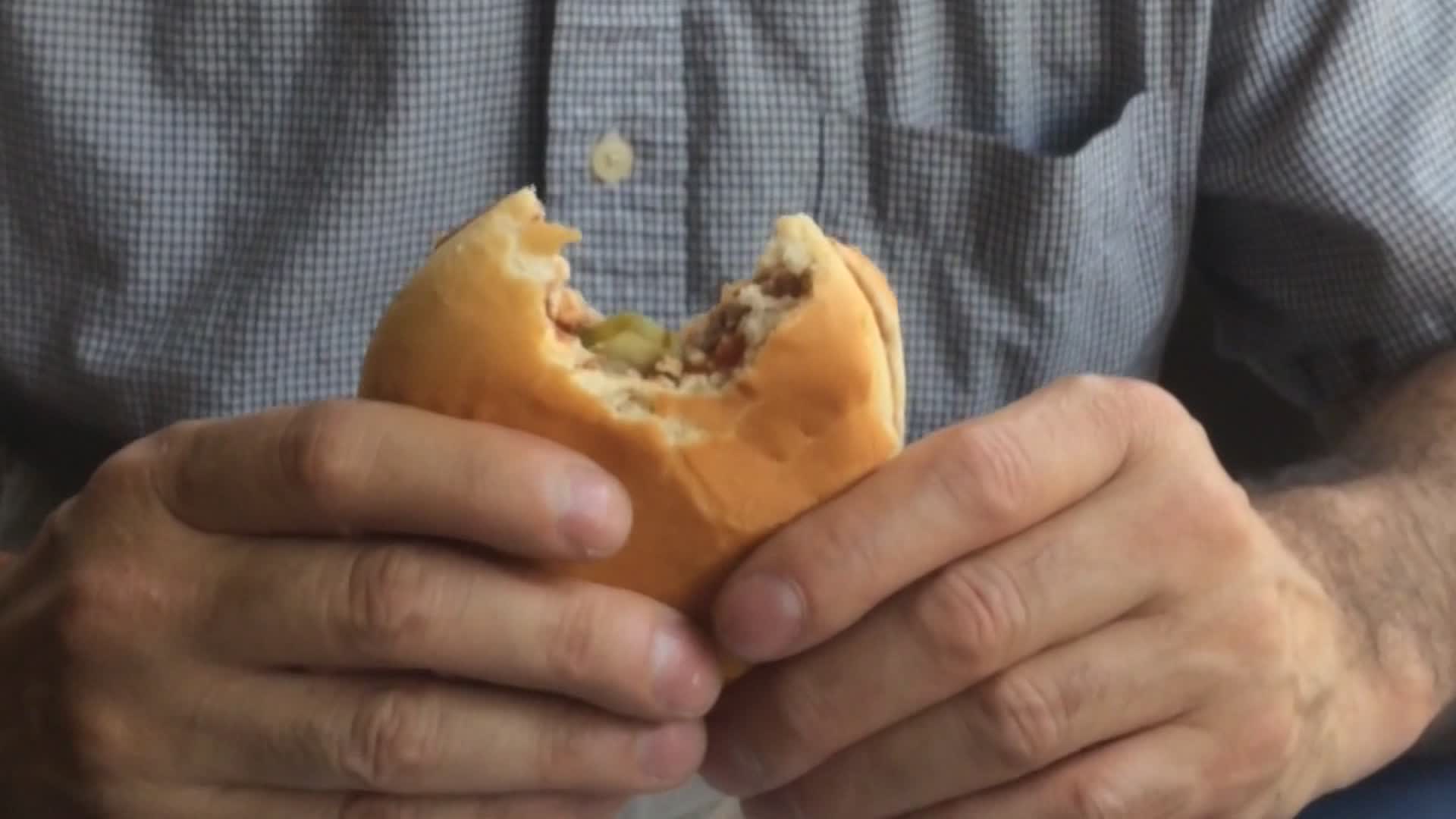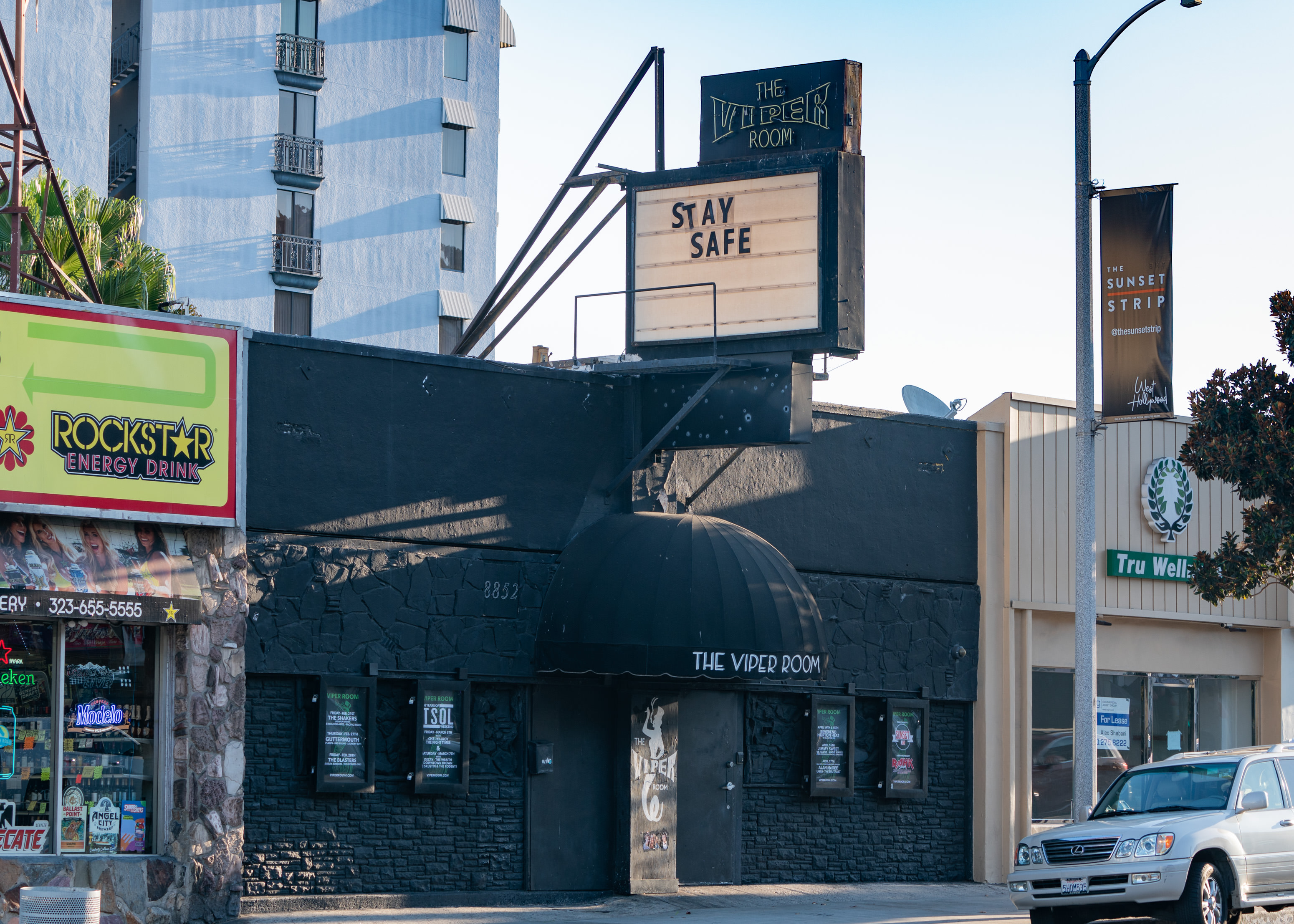The parade of contaminated foods recalled by manufacturers has continued for weeks, sparking new concerns about safety.
More: Recent recalls, deadly cantaloupes.
The list is long: a deadly outbreak of listeria from cantaloupes, a highly contagious virus in frozen oysters, bacteria-laden Christmas cookies and more. The U.S. Food and Drug administration announced 18 food recalls in the two weeks ending Nov. 4.
Proposed budget cuts at the U.S. Food and Drug Administration could make matters worse, said Erik Oslon, director of food programs at the Pew Health Group.
Already, he said, too few foods imported from other countries are examined by health inspectors.
"Right now, only about one to two percent of imported foods are checked by the FDA," said Erik Olson, director of food programs at the Pew Health Group. "We are now up to something in the neighborhood of 80% of our seafood is imported. If we're not checking a lot of that food, it's a formula for potential problems."
Increasing concern over food safety prompted new regulations at the federal level, and the U.S. Food and Drug administration is attempting to respond. The agency has started two new programs aimed at tracking food-borne illness.
Local
Get Los Angeles's latest local news on crime, entertainment, weather, schools, COVID, cost of living and more. Here's your go-to source for today's LA news.
Spokeswoman Siobhan DeLancy said the FDA has increased the frequency of food inspections.
But despite the agency's best efforts, contamination can sometimes be missed.
“Every once in a while, there is no rhyme or reason to it,” DeLancy said. "We can go quite a long time without recalls, and then they happen all at once."
DeLancy said the number one reason for product recalls is not contamination, but unlabeled food allergens, like undeclared milk products that recently led to a recall of Rice-A-Roni.
"One of the things that consumers should be aware of is that when you are seeing recalls, we are detecting them and that they’re working," DeLancy said.
But food safety advocates say that the agency is hamstrung by tight budgets.
"For the most part, yes, you can trust your food,” said Susan Reef, president of the U.S. Food Safety Corporation, a privately funded consumer food safety company. "But if you look at the FDA like a business, the dollars only go so far. The inspectors can only get out once or twice a year to most places."
When contamination does occur, companies must respond quickly, recalling the items from store shelves and advising consumers what to do with food they have already purchased or consumed. Manufacturers must demonstrate to the FDA that the product was indeed returned.
Manufacturing facilities must also provide a written outline of potential problems that could affect the safety of their products to the FDA.
Food scientist Roger Clemens, who served for more than two decades as the scientific adviser to Nestle USA and teaches at USC, said that regulators have to balance the frequency of inspections with the likelihood that an outbreak will occur.
"You test what you believe to be highest probability of getting a positive," Clemens said.



